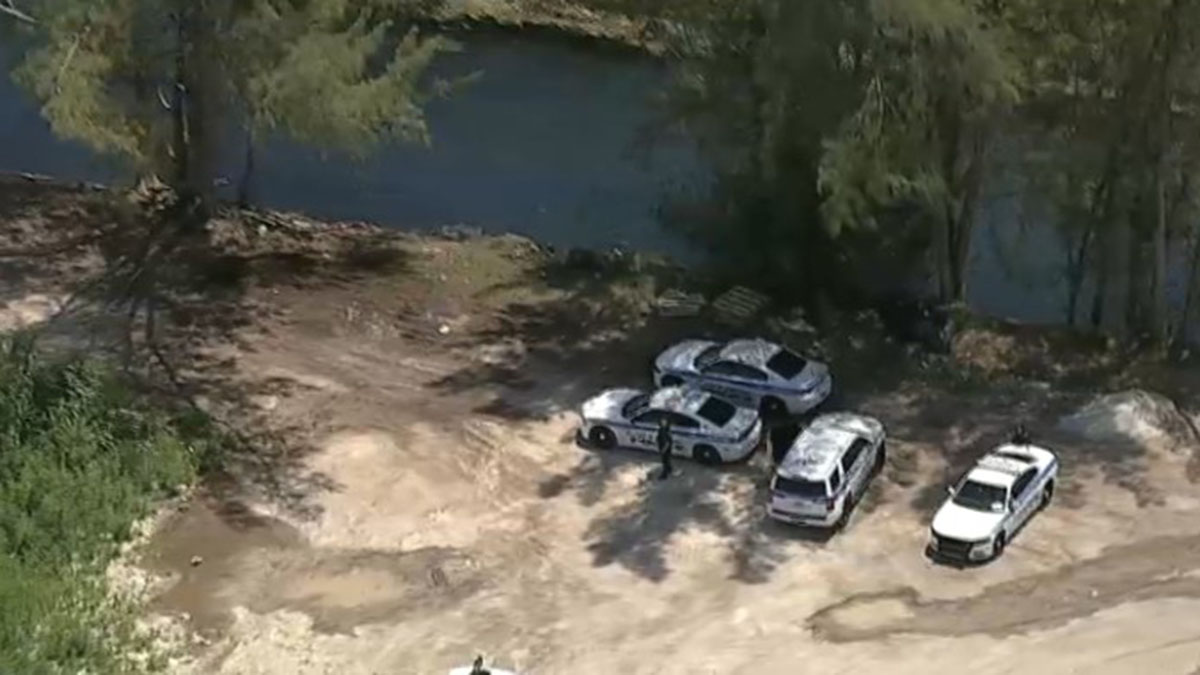Demonstrators from Miami to The Hague to Brisbane to Budapest gathered Saturday to continue their fight to convince Miami Seaquarium release its lone orca, Lolita -- and instead were met with a snappy rebuke from Seaquarium owner and general manager Andrew Hertz.
In a statement, Hertz rejected the aim of International Day of Protest for Lolita’s Retirement as "the whims of a small group of individuals who have no firsthand experience working with a killer whale."
He said calls to release Lolita into her native waters off Washington state promote an "irresponsible...experiment" that would "jeopardize her health and safety."
But the more than 50 demonstrators in Miami, along with hundreds more in 42 more cities around the world, believe the Seaquarium's new focus on a dolphin swim experience make now the perfect time to free Lolita after 40 years performing in what is certainly North America's -- and believed to be the world's -- smallest orca tank.
Retirement advocates argue at one-tenth the size of killer whale habitats at SeaWorld, it's like storing Lolita in a bathtub.
They say they are ready to pay for a "bay pen" that would either carefully and gradually ease her transition back into Puget Sound's L-pod, or, if she chooses, hold her in more humane conditions.
"It's not like we're going to give her $50 and a bus ticket,'' countered Simon Hutchins, director of expeditions at the Oceanic Preservation Society and for the Oscar-winning anti-whaling industry doc The Cove, in the Miami Herald. "She can be with her mother and her pod."
Local
Hertz is unmoved. Conditions in Puget Sound, he argued, are not better.
"Commercial boat traffic and human activity are heavy, pollution is a serious issue and the killer whale population has been listed as an endangered species by the National Marine Fisheries Service."
Of course, the debate over Lolita is nothing new to Miami; controversy over her conditions has followed the killer whale's tenure at Seaquarium since her capture in 1970, and activists plan to continue localized monthly demonstrations. But International Day of Protest organizers at savelolita.com and orcanetwork.org hope renewed interest in the well-being of captive orcas after the February drowning death of a trainer at SeaWorld by its resident male Tilikum will revive the aging fight for Lolita, bringing new attention to their cause.
In the wake of that tragedy, Seaquarium trainer Robert Rose dismissed the idea that Lolita's small tank and lack of interaction with other orcas might be damaging or depressing to her, saying "Lolita's happy."



